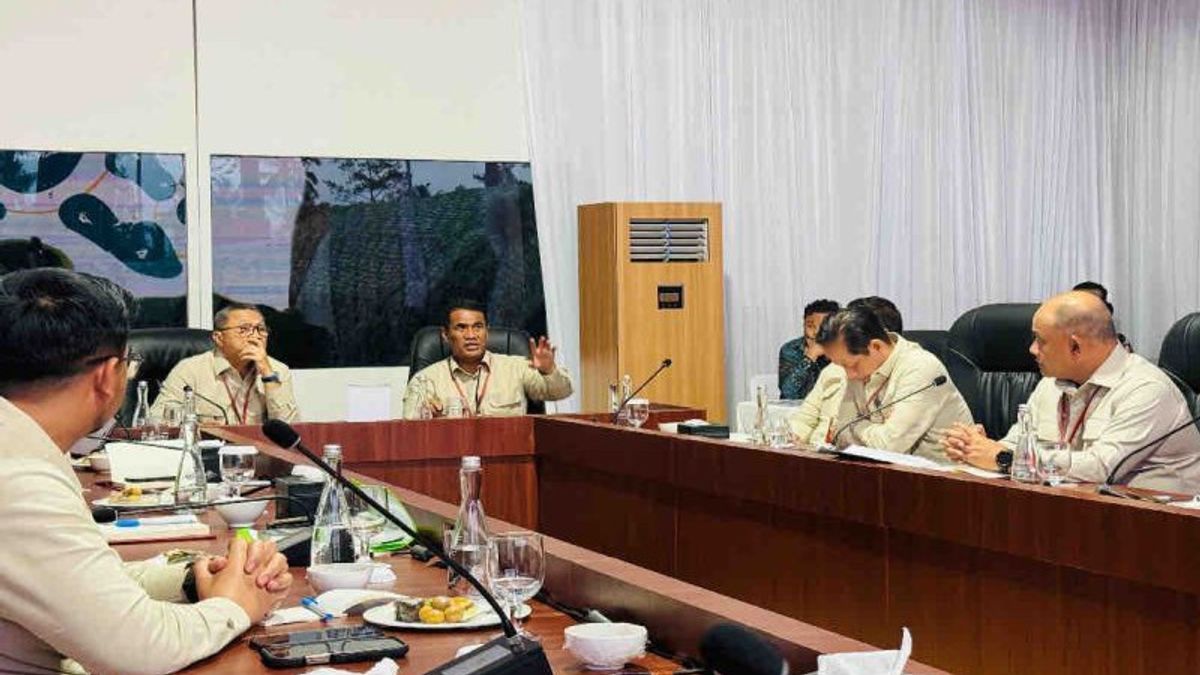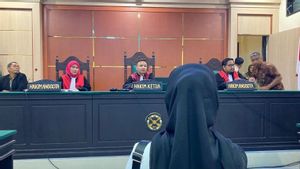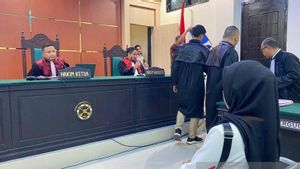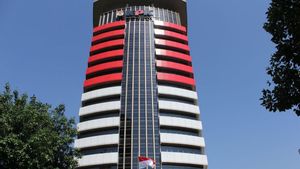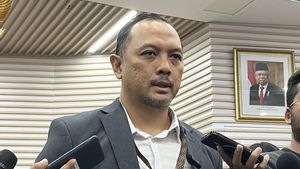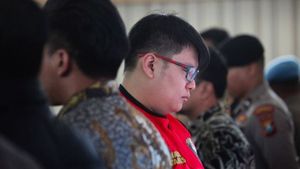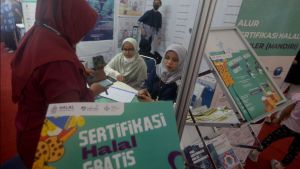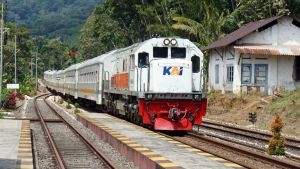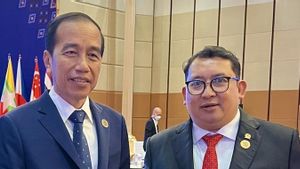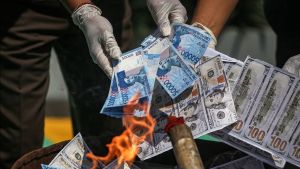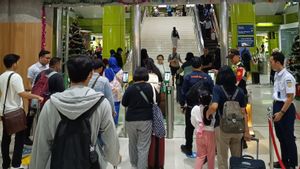JAKARTA - Minister of Agriculture (Mentan) Andi Amran Sulaiman explained the concept of food self-sufficiency at the Red and White Cabinet Retreat event, focusing on increasing domestic production to reduce import dependence and strengthen national food security.
"In dealing with the global food crisis and achieving food self-sufficiency, the Ministry of Agriculture has compiled strategic steps as stated in the food self-sufficiency blueprint," Amran said in a statement in Jakarta, Antara, Sunday, October 27.
The Minister of Agriculture explained this when providing material for the Food Swasembada Program at a series of Retreat events for the Ministers of the Red and White Cabinet in Magelang, last Saturday.
Amran emphasized that food self-sufficiency is a big idea from President Prabowo Subianto which will be carried out intensively to realize food independence in Indonesia.
He explained that in 2024 the Ministry of Agriculture has refocused the budget to achieve the rice production target as part of efforts to accelerate food production.
The government refocused the budget of IDR 1.7 trillion. Through this optimization, the impact of the production surplus of 1.13 million tons of rice with a total value of IDR 13.57 trillion.
"This right policy has succeeded in increasing rice production in August-October 2024, which was recorded by BPS," he said.
In addition, the Ministry of Agriculture has implemented an intensification and extensification strategy for agricultural land to ensure the success of food self-sufficiency.
Intensification is carried out by utilizing superior seeds, adequate distribution of fertilizers, and pumping programs in several food center areas such as around the flow of the Bengawan Solo, Cimanuk, and Brantas rivers. In addition, efforts to optimize 360,000 hectares of swampland are also the main focus.
On the other hand, the extensification or expansion of agricultural land is targeted at the printing of new fields covering an area of 3 million hectares spread across several areas, including Merauke with a target of 1 million hectares, Central Kalimantan 500,000 hectares, South Kalimantan 300,000 hectares, South Sumatra 200,000 hectares, and other areas such as West Kalimantan, East Kalimantan, Aceh, and North Sumatra.
The Ministry of Agriculture will also revitalize new dams to support effective and efficient irrigation.
On the other hand, millennial and generation Z farmers are actively involved in agricultural transformation, by utilizing geographical and topographic potentials and adjusting to local climate and culture.
"By turning to modern agriculture, it is hoped that production costs can be reduced by 50 percent and production will increase to 100 percent," he explained.
The Minister of Agriculture also explained the support for policies and nutritious food programs promoted by President Prabowo.
Amran also explained other programs including initiatives such as the Nutritiony Lunch Program and Bergizi Food Yard which aim to improve the quality of people's food.
Furthermore, continued the Minister of Agriculture, the energy independent program for sustainable agriculture in the agricultural sector, the Ministry of Agriculture also developed the Mandiri Energi Program with the use of B-50 biofuel to B-100.
"This step is expected to encourage energy independence and contribute to reducing carbon emissions," he added.
SEE ALSO:
With this comprehensive strategy, the Ministry of Agriculture is fully committed to realizing food self-sufficiency as a foundation for national security, in order to realize a more independent Indonesia in meeting its food needs and improving the welfare of farmers.
The English, Chinese, Japanese, Arabic, and French versions are automatically generated by the AI. So there may still be inaccuracies in translating, please always see Indonesian as our main language. (system supported by DigitalSiber.id)
